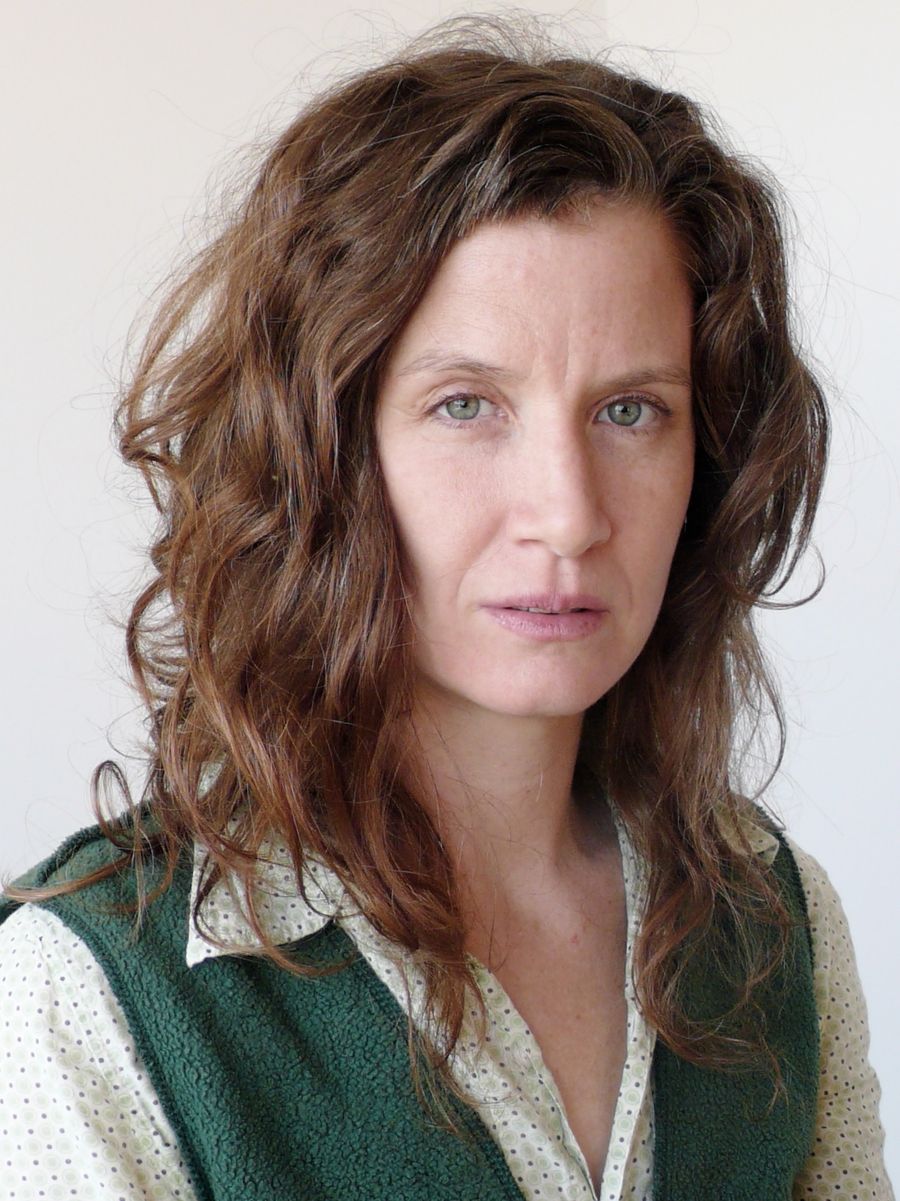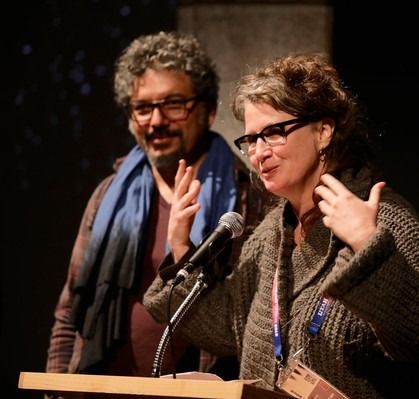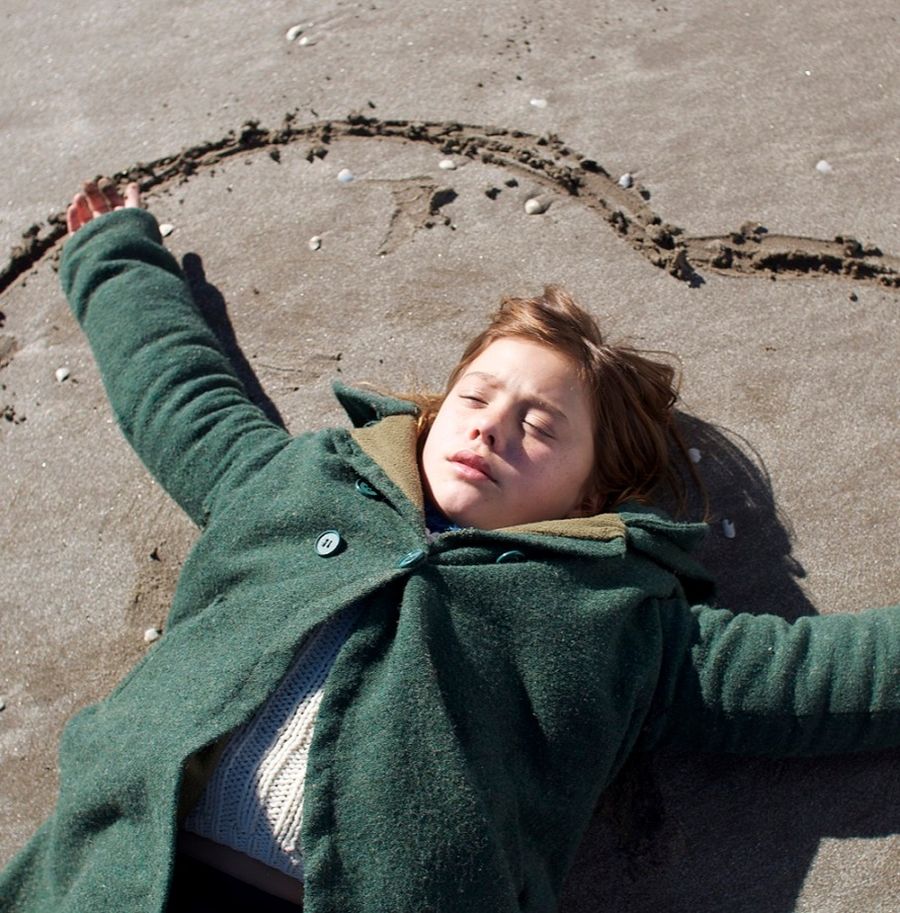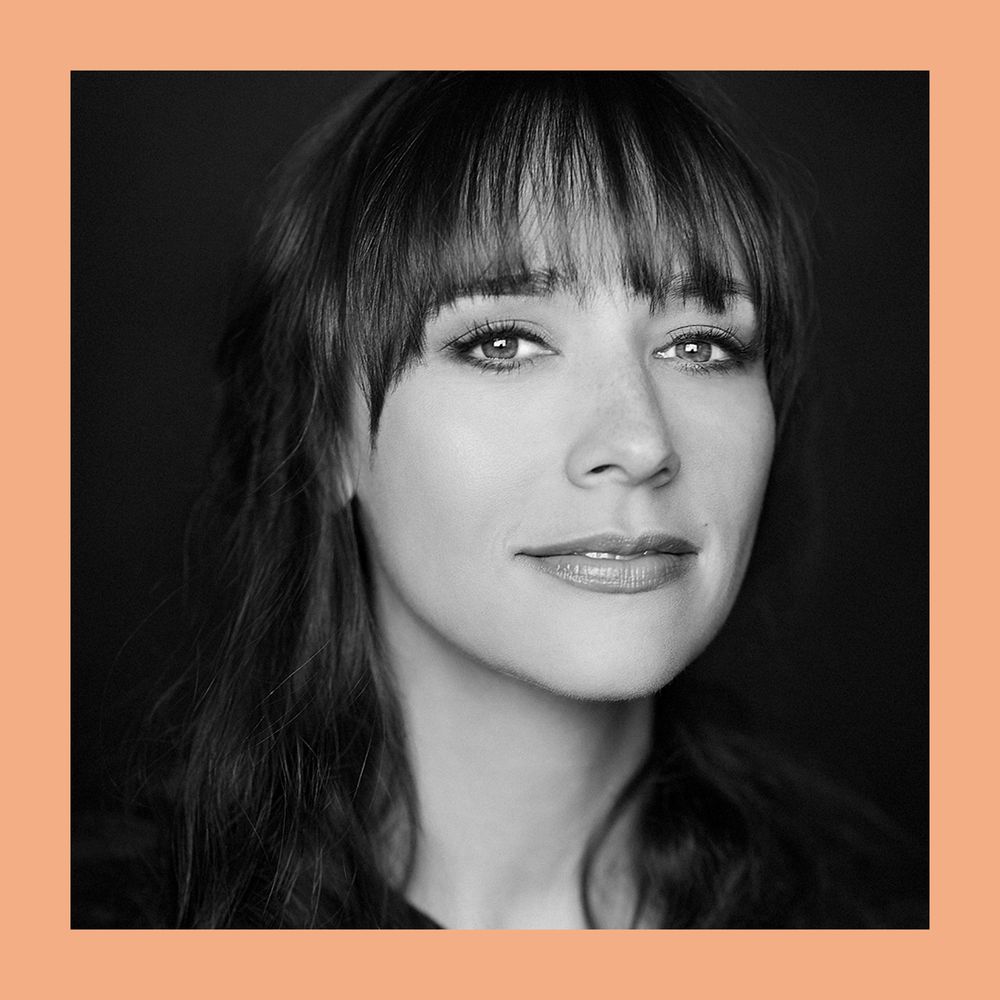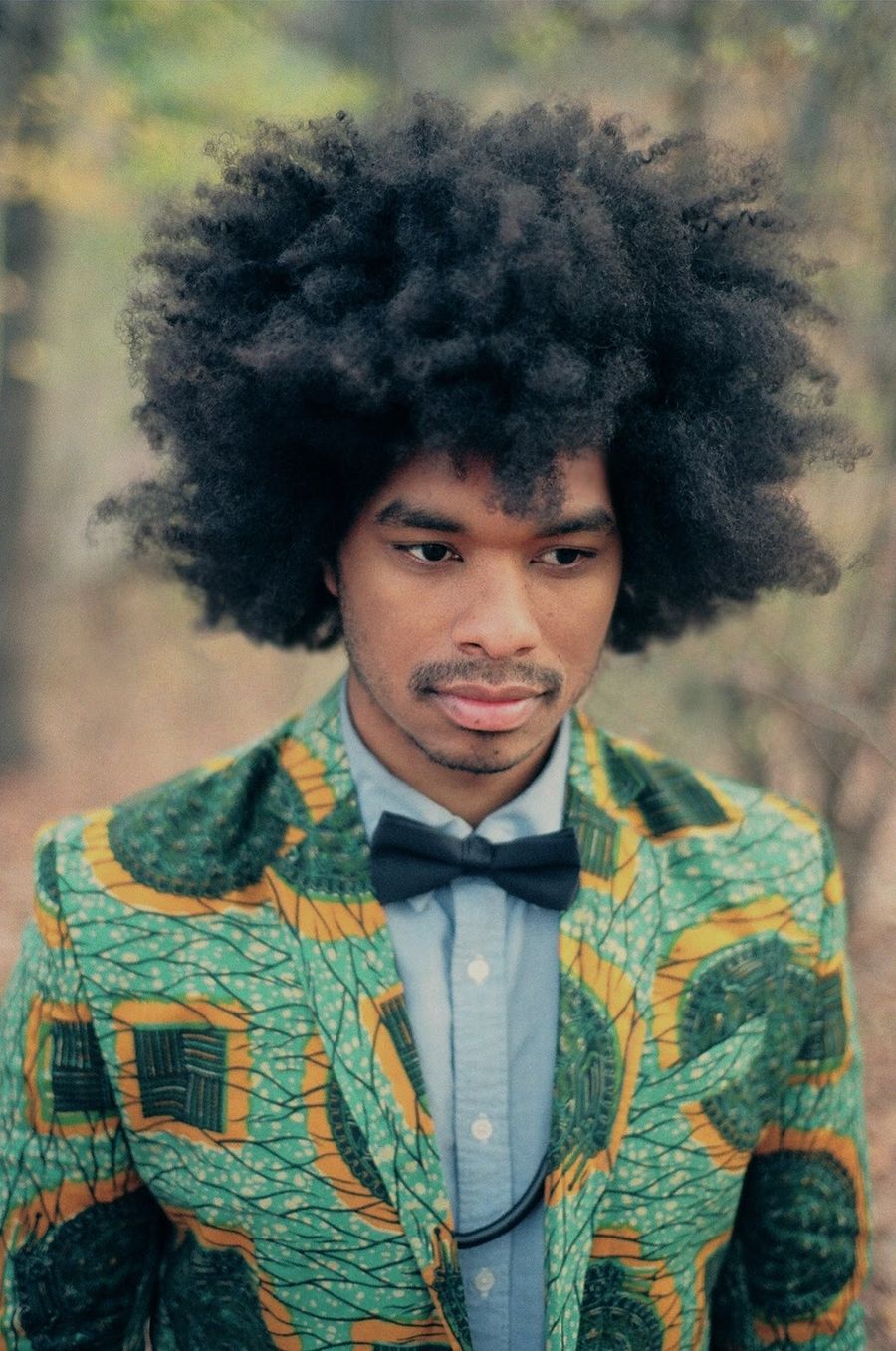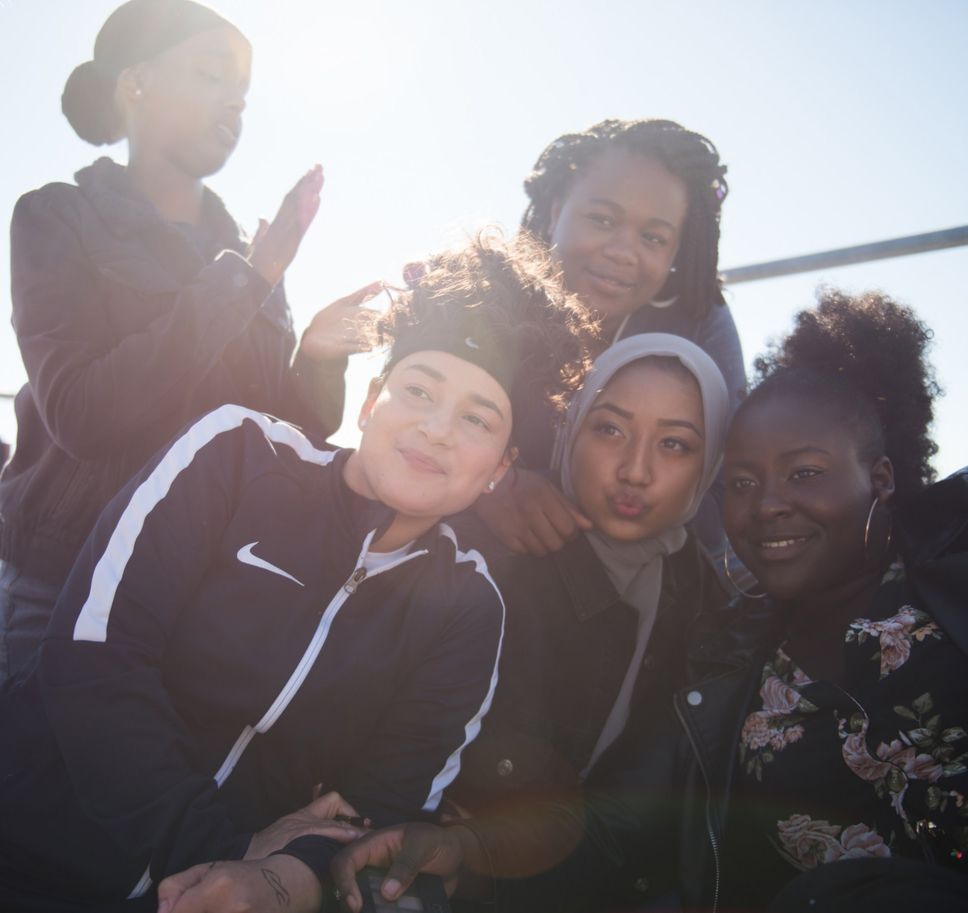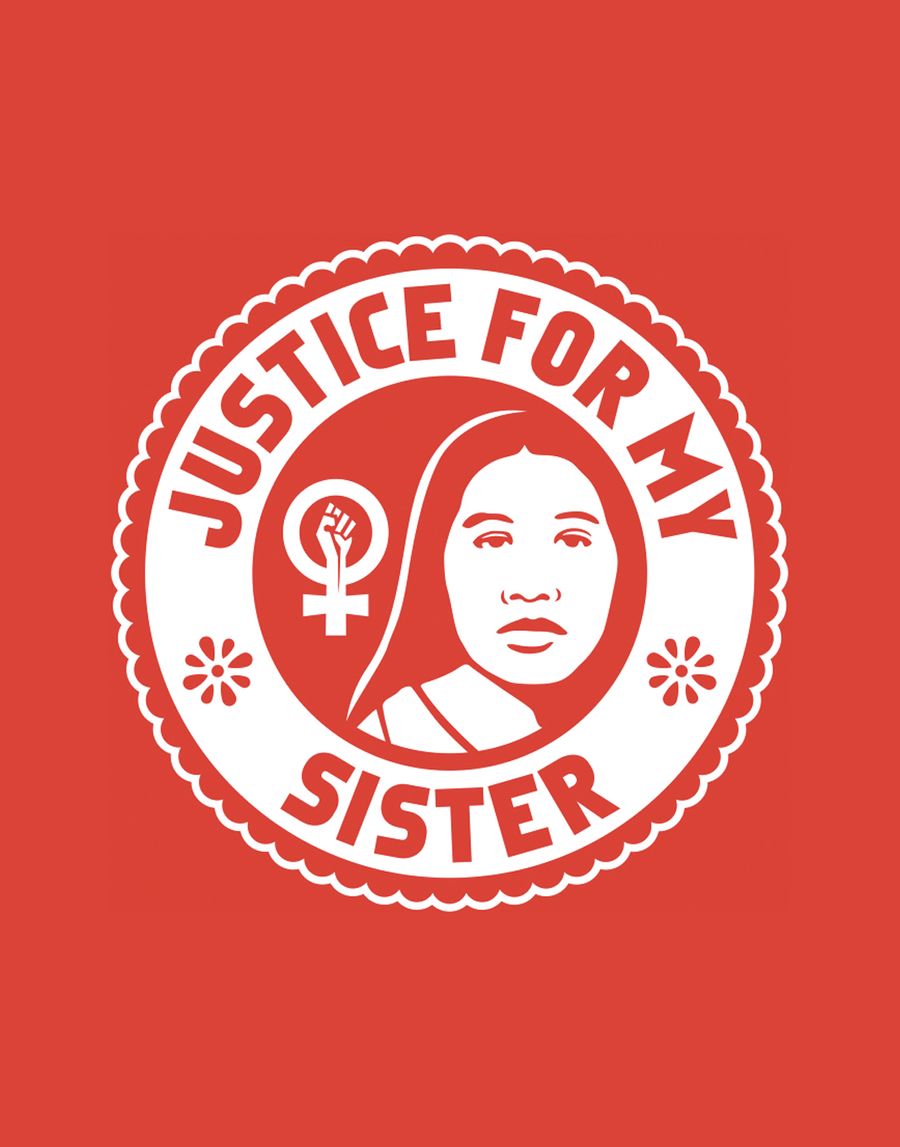Hero Photo Courtesy of Tibrina Hobson/Getty Images North America
Many emerging directors dream of one day holding their own golden statue and standing in front of an arena of filmmakers while saying these magic words: “I’d like to thank the Academy.” But, Rachel Leah Jones never aimed to be a part of the Oscars race.
According to her: "Initially, [my crew and I] were hesitating [about having an Oscars campaign]. But everybody said you absolutely must go for it. The grant that we were given [through a festival] was taken away under pressure from the right wing in Israel. Then there was a huge campaign to have it reinstated, and three months later it was reinstated. You can't have people protest to get your money back and then not go and use it. We were going to do an Oscar campaign no matter what."
Thankfully, her campaign allowed more of the world to see her film, Advocate. The doc, also directed by Philippe Bellaïche, follows Lea Tsemel, an Israeli human rights lawyer, as she defends two Palestinian clients that are accused of extremist crimes. Advocate will be streaming on PBS’ POV at the end of 2020, and you can still watch it this upcoming week in select theaters in New York and Los Angeles.
These are the most important lessons Rachel learned while organizing her Oscars campaign for Advocate.
1. FTW Takeaway: Docs don’t have to premiere in Los Angeles or New York in order to qualify for the Oscars.
Rachel Leah Jones: About two years ago, [the Academy] named 30 international documentary festivals as Oscar qualifiers, which basically means that you don't have to show a film in Los Angeles or New York and do a theatrical [run] in order to qualify for the Academy. Our very first festival out of Sundance was an Oscar qualifier and we won it. Within a month out of Sundance we were in a position to do the Oscars even though that wasn't even necessarily a goal that we had set for ourselves. A few months later we won another Oscar qualifying festival, which was Docaviv, which was our home turf. That festival came with a grant in addition to first prize, a modest grant but a grant to do an Oscar campaign. We won a 3rd Oscar qualifying festival that very same week.
2. Even after qualifying for the Oscars, you still have to campaign if you want to get noticed, and thus, voted for.
There are some 500 plus documentary branch members of the Academy, and you want to get them to lay their eyes on your movie. Either they dig it or they don't. Enough dug it to vote us onto the short list. It's just tough to compete with the visibility or marketing budgets of Netflix, HBO, Amazon, etc.
3. Campaigns can cost major $$$.
We have kids to raise, we have bills to pay, we have a life to live and we just didn't want to allocate any resources [to the Oscars campaign] that could be earmarked for other things in our lives.
So we had roughly $25,000 to get to the short list, and we live on the other side of the world so that also had to include plane tickets to come over here and to do some screenings. We were up against films that are rumored to have had hundreds of thousands if not millions of dollars invested in their campaigns, and we were there with our scrappy $25,000 trying to make a dent. We're a foreign language film, subtitled, and we just don't have a big studio behind us.
We worked with a publicist who is extremely devoted, but we just couldn't afford to do the conventional things. Later we switched to a publicist who helped us think outside-the-box and got us more focused on social media. Once we were shortlisted, we were really fortunate to have our Israeli film fund and our Israeli broadcaster throw in a little bit more cash for us to do that. That was like another $7,500, so altogether just over $30,000 went into this.
4. Money for an Oscar campaign goes to a lot of things that help spread the word. Like emails and cocktails.
You pay for your publicist, who is trying to basically plug you into the trades. For us, we also paid for travel accommodations, renting venues, and if possible, refreshments. It's a long movie, so when [the audiences] come out in the evening, you want to provide something.
Then there's just a lot of money that goes to e-blasts from AMPAS (the Academy of Motion Picture Arts and Sciences), whose lists are reasonably priced, and the IDA (the International Documentary Association), whose lists are a little steeper. It's wonderful that they use that as a way to raise money for their own budget to do the great work of championing us as a community, but it's still steep. They also host screenings that are really steep at least for people on a limited budget like ours. One great option for screening in LA is the KCRW "The Document" series, which is more affordable, wonderfully attended, and just has a good vibe all around.
We were really lucky to have some film festivals running at the same time: DOC NYC, the Arab and Jewish Film Festivals in San Francisco. They let AMPAS members enter those festivals for free. We were fortunate to be able to tap into those festivals as options to showcase the film during the Oscar campaign. We did rent a couple of small theaters in Los Angeles and in San Francisco, but attendance for those were really poor, and I'm not sure I would repeat that way of going about it again.
5. Campaigning is physically and emotionally demanding.
In Israel there has been a lot of tension around the movie. There's just a lot of menacing discourse around the film. The film is pointing at things that are very uncomfortable for Israel and Israelis to look at, and there are people who are more concerned with eliminating the message than dealing with the message. So we live in constant vigilance that things can come at us from any number of angles that seek to de-legitimize the narrative that comes across.
I'm completely exhausted. I've been running on fumes for months. Adrenaline is its own magic substance. But I'm guessing that a lot of [my energy] comes from the love we have received from audiences around the world. We had the screening in Los Angeles where Ryan White, the host of the screening, said, "Well even if people came here tonight to fight, they left begrudgingly inspired." That's a really nice notion, begrudgingly inspired. That's what's been fueling us. The reception has been more positive than we ever imagined.
6. When all is said in done, spreading your message will make your campaign worth it.
No matter what happens in the next phase, reaching the shortlist was a huge honor. Each of us faces numerous challenges — there are Syrian filmmakers who are dealing with crazy issues which the rest of us can't even imagine. And even though in theory we're "competing," he overall feeling between us [filmmakers] is solidarity and camaraderie.
